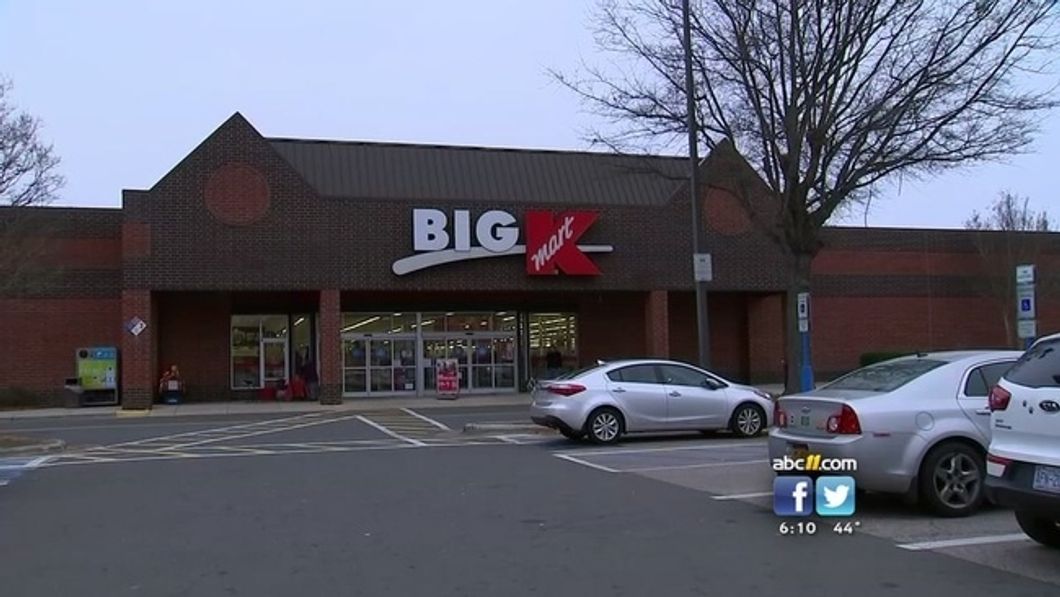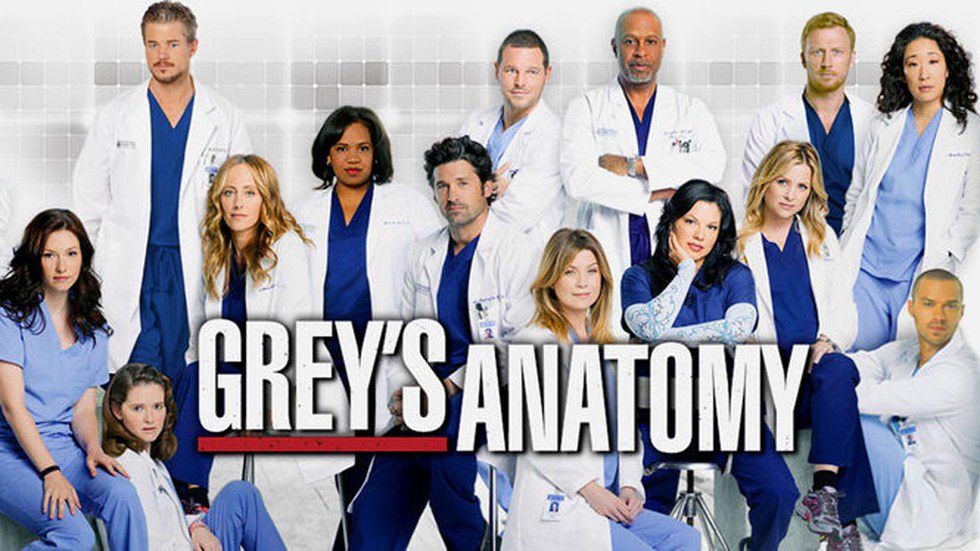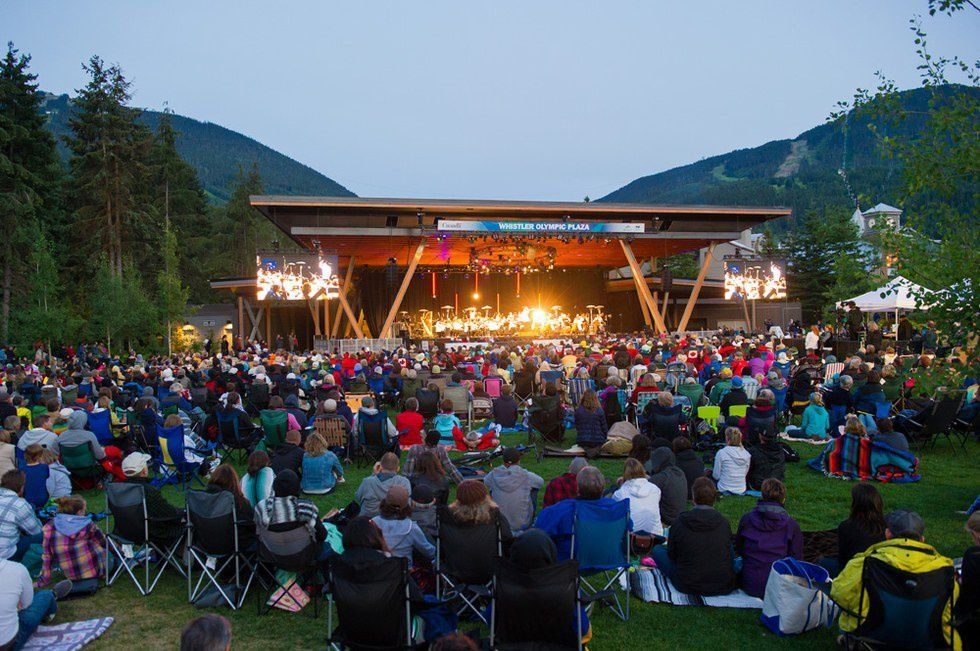As I walked through the dimly-lit aisles of the Kmart that I grew up in, I thought how different it looked to me as little kid. The white cellophane tiles used to be brighter, the store was bigger; it wasn't simply divided up into ever-shrinking sections of miscellaneous pharmacy items, clothing and a sad, little tent that I'm sure has been up since the opening of the store. The signs were there and they were undeniable... this was the work of an ever-growing corporate America. Although corporations like Walmart, Target and Harris Teeter can't claim a monopoly on their businesses, one thing is clear: these giants of industry are slowly eating up the lesser corporations that simply can't compete.
The most recent heart-breaking store of my childhood was the closing of Toys-R-Us. Now, I wasn't the only one to be upset by this and there was a lot of backlash on social media. But truly, is it surprising that specialty stores such as this couldn't compete anymore? People want cheaper, high-quality products and simply expect stores like Toys-R-Us to stay in business.
Now not all of this is due to the big bad wolves such as Walmart, some of it simply is the way of the world and the encroachment of the digital age that has continued to evolve. Netflix was ultimately the first in revolutionizing our movie-watching experience and now with companies such as Hulu, and Amazon stepping-up as well, Blockbuster was doomed from the start. But I remember walking through the aisles, picking out candy, popcorn and a stack of movies to go home and watch. Blockbuster was certainly a part of my life in my childhood and it is sad to see the hands-on experiences that Netflix eliminates, melt away.
Although, in a world that seems to offer endless choices, natural economic processes that drive the little guys out of business, begin to offer less and less overall choices for the modern consumer. For example, when I was little, we had a choice between Walmart or Kmart, and although Kmarts do still exist, the winner was clear. And not only have the choices of stores disappeared, but the corporations have become chains who instead buy-out and build more of their own stores, where there used to be instead a variety.
Walking through the dying culture that is my childhood Kmart, brought up some interesting thoughts. For one, I felt the need to buy something, anything in the hope that maybe enough small purchases would prolong the inevitable. Another is the thought that as the economy becomes increasingly consumerist, the number of choices also shrinks. It shrinks not necessarily in the quality, as most people think, but also in the number of places that will still be recognizable in 20 years. And while there is an extremely contradictory consumerist mindset taking over the economy, people still have the desire to have a choice. When the idea of the "grocery store" first happened, the idea was that it would speed up time needed as well as offer more choices, to streamline essentially. But today, there is an increasingly split cultural difference, whether forced by lack of income or by choice.
Corporations such as McDonald's and Chick-fil-A have mastered the streamline. People grow heavier because they have less time and they care less about quality and more about quantity (this is the side economic necessity). On the other hand, there are rising movements for access to healthier food as well as more choices of natural food. Movements have sprung into existence for this very reason.
So yes, while the inevitable is still set for a crash-course with destiny, and while I, Ashley Stufano, can't save the entire chain of Kmarts and Big-Lots all over the country, I like to think that my small purchase will at least help to make a difference and prolong the inevitable a little longer.








































